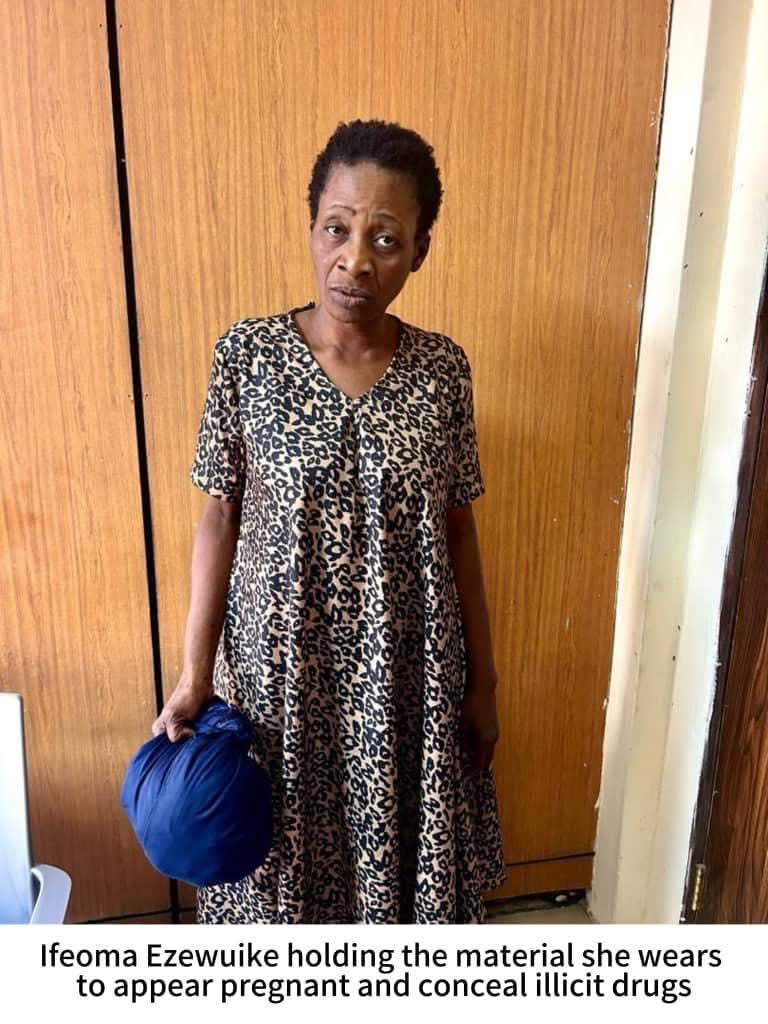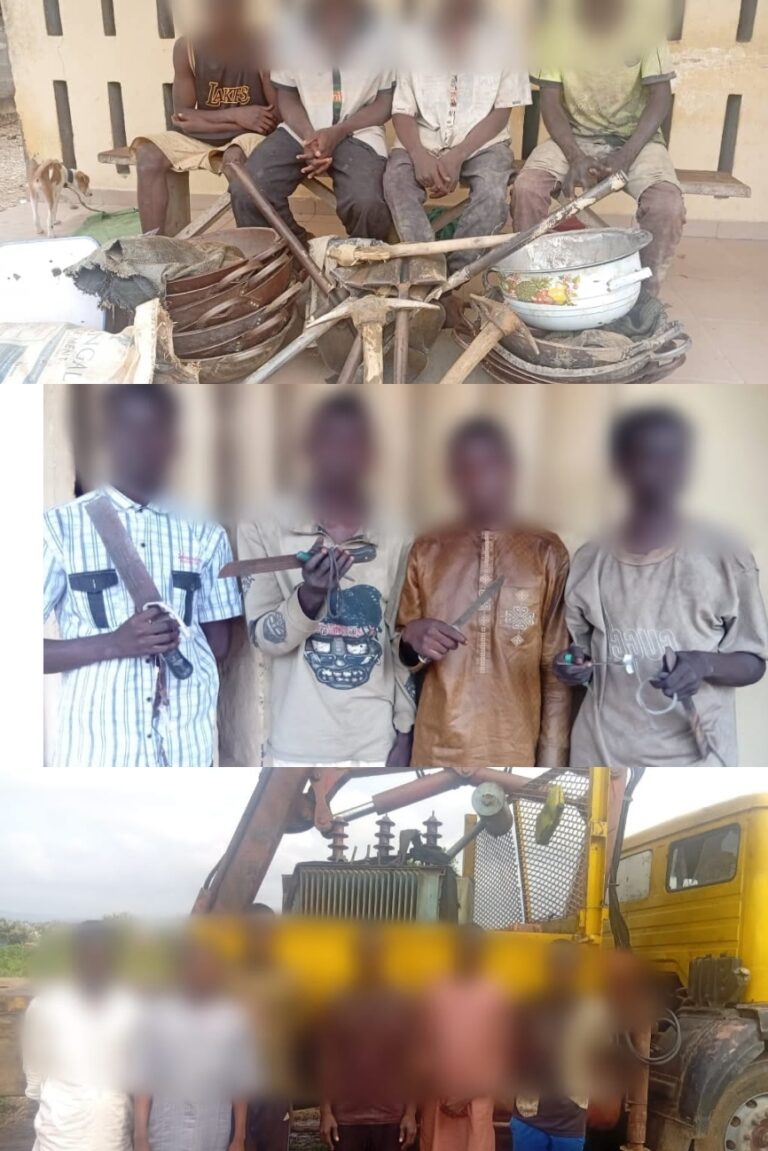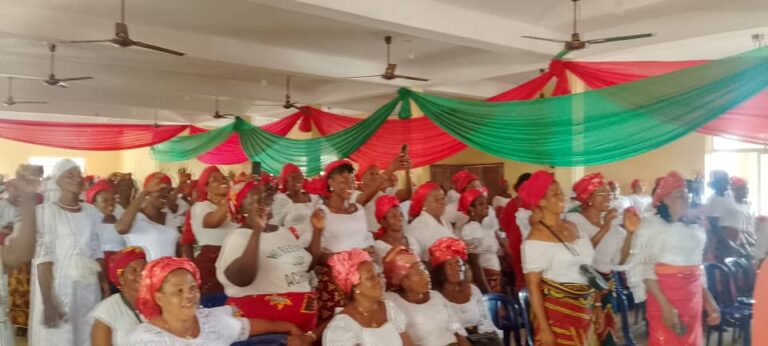
The Nigerian Supreme Council for Islamic Affairs (NSCIA) has called on the federal and state governments, the National Assembly, and the political class to foster trust and engage in constructive dialogue regarding tax reform bills. The council emphasized the importance of avoiding unnecessary tension and polarization during this period of economic hardship.
At its 10th Expanded General Purpose Committee meeting, held on December 1, 2024, at the National Mosque Auditorium in Abuja, the Council lauded efforts by the Federal Government, as well as traditional and religious leaders, for their role in reducing communal conflicts across the country.
“We commend the Federal Government, traditional leaders, and religious authorities for their contributions to reducing communal clashes nationwide,” stated Alhaji Muhammad Sa’ad Abubakar, the NSCIA President-General and Sultan of Sokoto, who presided over the meeting. The gathering included prominent Muslim leaders, government officials, and stakeholders to address pressing national concerns.
Amid the prevailing economic difficulties, the Sultan urged the government to create a more conducive environment for businesses to thrive. “The current economic climate is harsh, and we urge governments to foster a business-friendly environment,” he said. He also encouraged Muslims to seize economic opportunities and focus on empowering the youth through innovation and entrepreneurship.
The Council further highlighted the critical importance of food security and education for the well-being of Nigerians. “Food security and education are fundamental to the welfare of our citizens, and we call on governments to prioritize these areas,” said Prof. Salisu Shehu, Deputy Secretary-General of NSCIA.
READ ALSO:
Senator Barau Celebrates Senate President Akpabio on 62nd Birthday
Dangote Refinery Start off Sales of Diesel At N1,225/Litre
Nigeria Talent Exploration Challenge: Faisal Jafar Rafindadi Pens an Open Letter to Nigerian Youth on Embracing Skills Opportunities
On the issue of non-recognition of Muslim marriage certificates, Abubakar expressed discontent, describing it as discriminatory. “We strongly condemn this practice and commit to addressing it. Muslim marriage certificates deserve recognition and respect,” he asserted.
The meeting reaffirmed the Centre for Islamic Studies at the University of Sokoto as the sole accredited agency for organizing national Qur’anic recitation competitions. Additionally, the Council proposed appointing five more resident and visiting Imams for the National Mosque.
Among the dignitaries present were the Minister of Justice and Attorney-General of the Federation, Prince Lateef Fagbemi; Minister of Regional Planning, Mallam Uba Maigari Ahmadu; and National Security Adviser, Mallam Nuhu Ribadu.
The meeting concluded with a message of hope and resilience. “We urge Nigerians to remain optimistic and confident in the brighter future that lies ahead for our beloved country,” Abubakar said.



